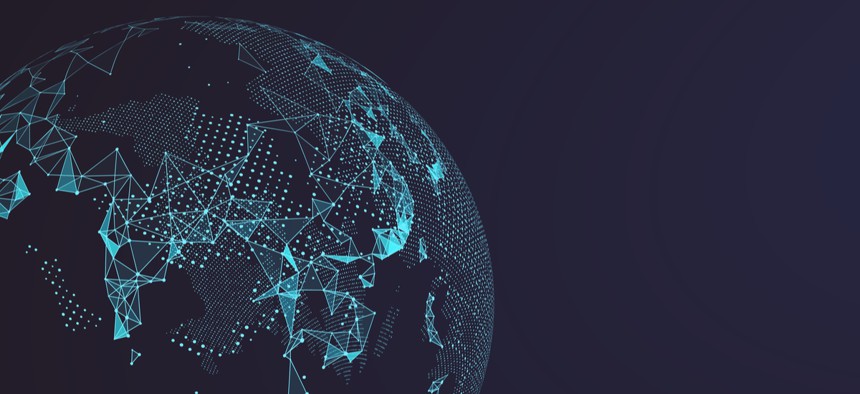Only 23% of the World Has a Free and Open Internet

Liu zishan/Shutterstock.com
The U.S. does not have the world's most free internet, according to a independent watchdog group.
Though more people around the world are going online than ever before, almost two-thirds of them live in areas where the government has taken steps to limit freedom on the internet, a study found.
Less than a quarter of worldwide internet users have access to a “free” internet, while 64 percent reside in countries where the internet is designated as “partly free” or “not free,” according to the 2017 Freedom of the Net report by independent watchdog group Freedom House. Citizens in 32 of the 65 countries analyzed in the report saw their online freedom decline from last year, including the United States.
Researchers assessed countries’ internet freedom based on three broad categories: obstacles to access, restrictions on content, and violations of user rights. Scores range from 0 to 100, with lower scores meaning greater freedom. The countries included in the report encompass roughly 87 percent of the global internet population.
Estonia and Iceland—each with a score of 6—tied for the world’s most free internet for the second year in a row. The U.S. scored 21, tying Australia for fifth overall behind Canada (15) and Germany (20). China remains the worst abuser of internet freedom with a score of 87, closely followed by Syria (86), Ethiopia (86) and Iran (85).
Internet freedom declined worldwide for the seventh year in a row as governments ramped up efforts to censor online content and manipulate social media to control online discussion. Researchers found that restricting mobile internet connectivity, waging cyberattacks against critics, and physically attacking online dissidents were among the most common tactics used by governments to silence opposing views.
In addition to using social media to spread propaganda to citizens, governments have taken to online platforms to interfere with elections in at least 18 different countries between June 2016 and May 2017, including the 2016 U.S. presidential race, researchers found.
“The use of paid commentators and political bots to spread government propaganda was pioneered by China and Russia, but has now gone global,” said Michael J. Abramowitz, president of Freedom House. “The effects of these rapidly spreading techniques on democracy and civic activism are potentially devastating.”
Many countries have also taken steps to limit citizens’ online privacy by increasing restrictions on virtual private networks and encryption. Encryption became a point of contention between the U.S. government and the tech industry in the aftermath of the San Bernardino shooting, when the FBI demanded Apple help crack the encrypted iPhone used by shooter Syed Farook.
While Apple refused to build the backdoor, many have speculated the recent shooting at a church in Sutherland Springs, Texas, will relaunch the debate as the FBI attempts to break into the cellphone used by attacker Devin Patrick Kelley.
"Encryption scrambles data so that it can only be read by the intended recipient, offering an essential layer of protection for activists and journalists who need to communicate securely," the report read. "But even democratic governments often perceive it merely as a tool to shield terrorist and other criminal activity from law enforcement agencies."
U.S. law enforcement officials say they support encryption generally but are concerned about end-to-end encryption, which shields communication contents even from the company supplying the communication service. Privacy advocates say any attempt to weaken encryption makes Americans less secure.
NEXT STORY: Agency Scores Fall in Latest FITARA Scorecard






